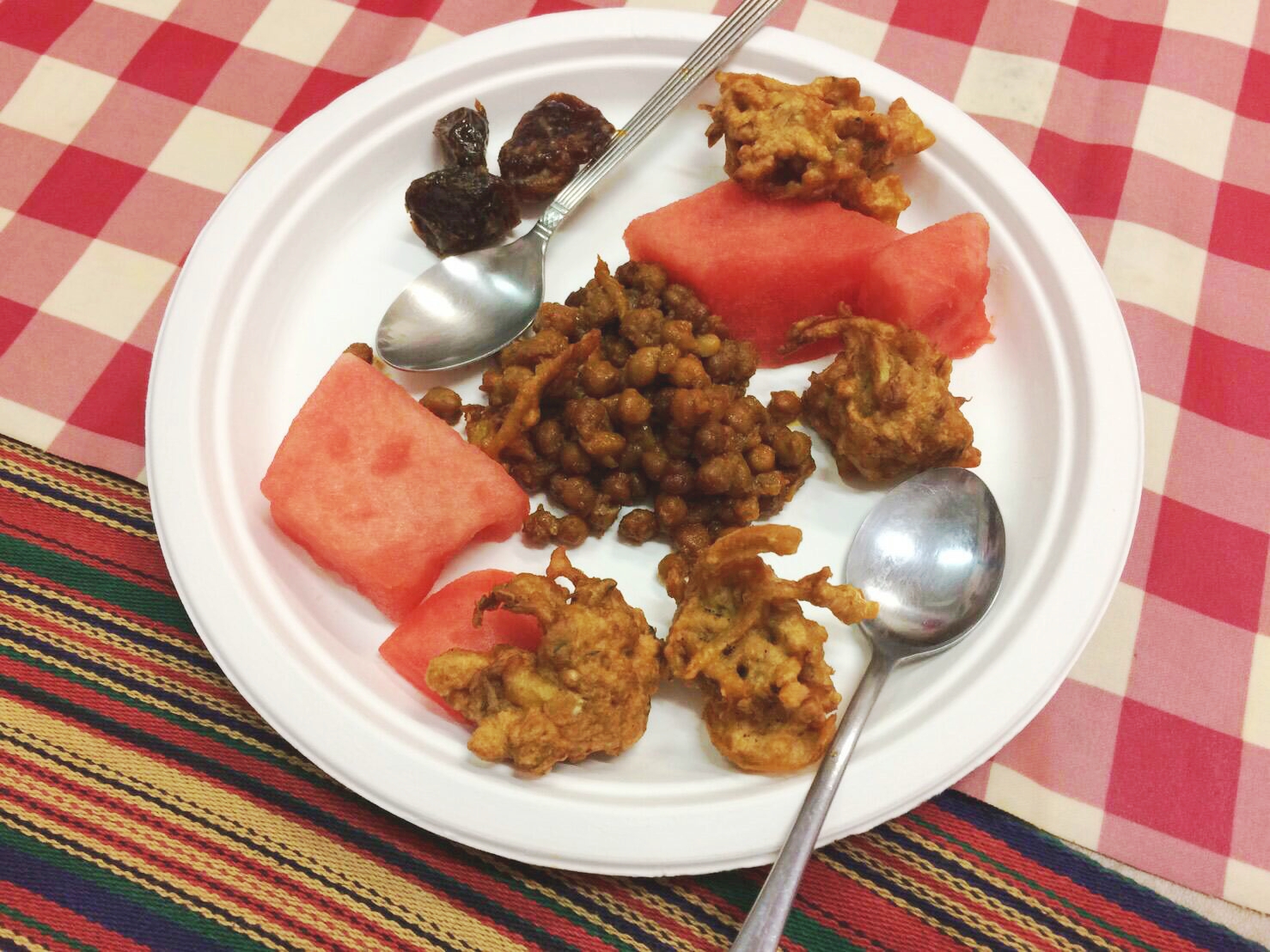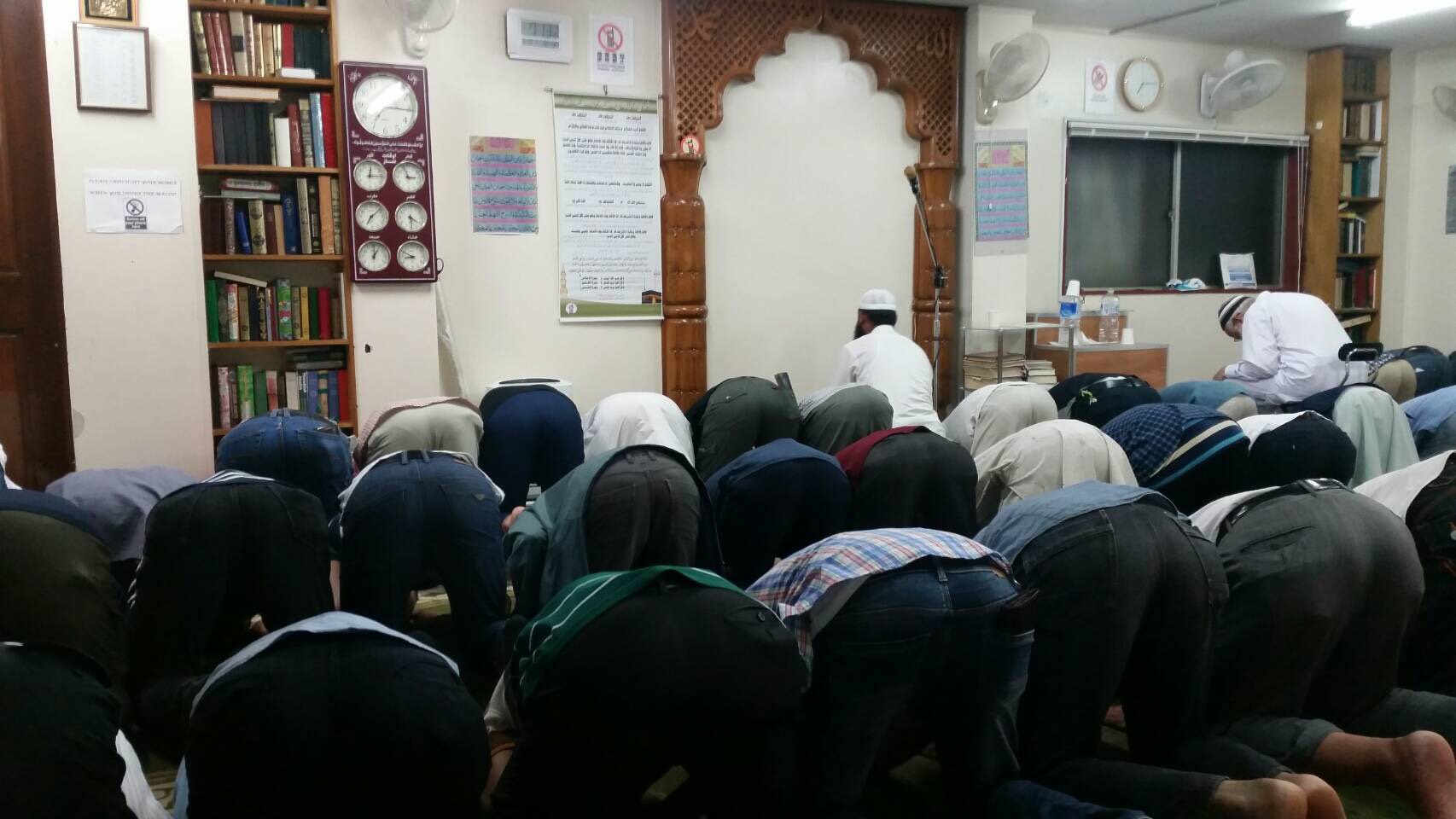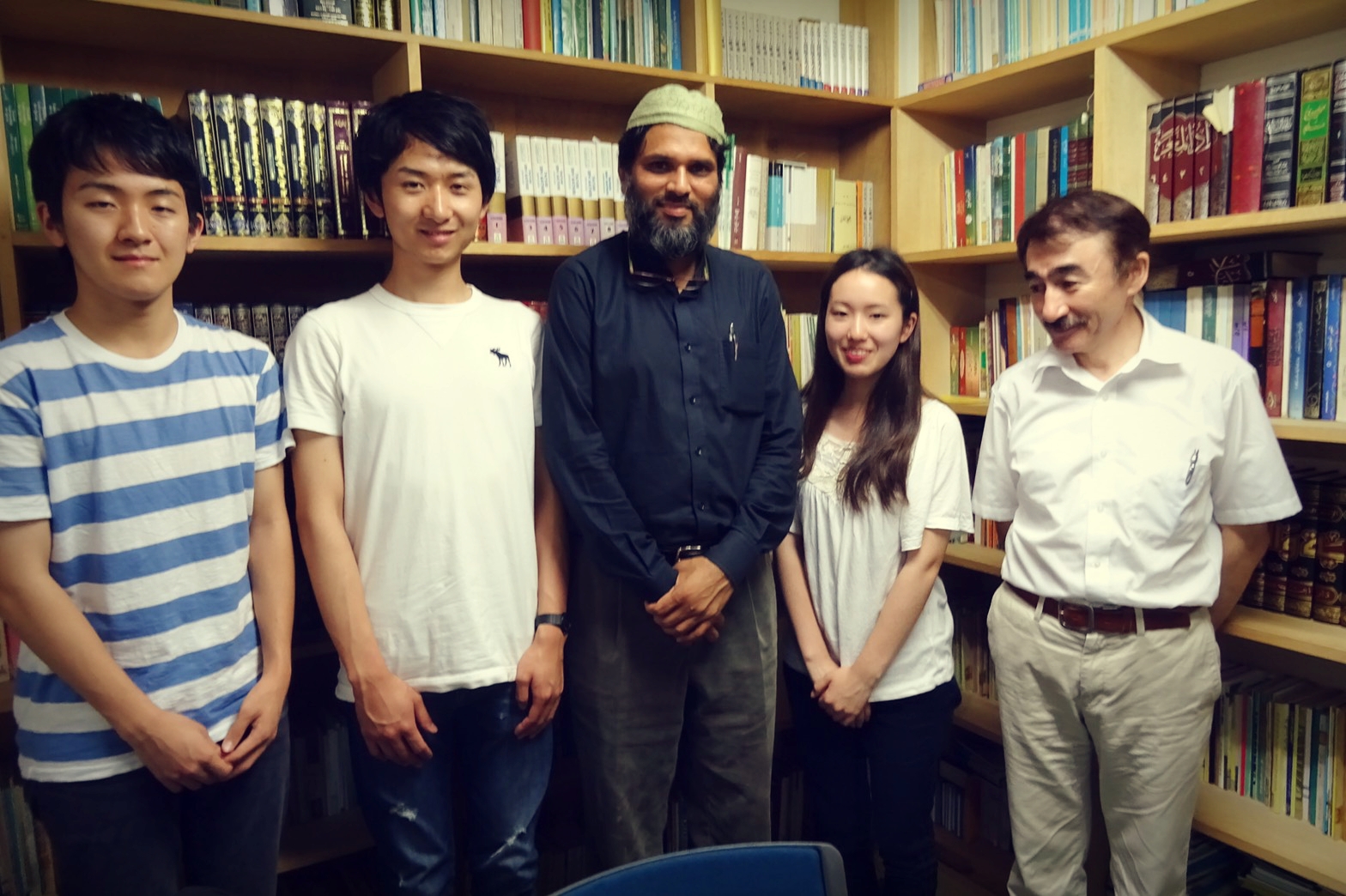Islam in Japan; Let’s Think About Halal Certification
Halal, which refers to food that is cooked and manufactured in accordance with Islamic precepts, means “to be forgiven” in Islamic teachings.
In Japan, there is a lack of understanding not just about Halal, but about Islam itself. We visited a mosque named Masjid Otsuka, in Toshima-Ward, Tokyo, and had an opportunity to speak with Mr. Turmuhammed Hashim, a member of the Halal Certification Committee at the Japan Islamic Trust.
The Japan Islamic Trust is involved in granting Halal certifications for food and processed goods that are distributed in Japan. Halal certification is a system that proves that a certain food has been cooked and manufactured in accordance with Islamic precepts like prohibition eating pork.
As the 2020 Tokyo Olympic Games are approaching, applications for Halal certification are increasing. “For people from Islamic communities, Japan has an image of being clean and secure. I think many of them will visit Japan without reluctance,” Mr. Turmuhammed says. “Entering the market of 1.6 billion Muslim people will be a great business opportunity for Japanese companies as well.
The Japan Islamic Trust is also focusing on exchanges between Muslims living in Japan and local residents. In fact, people from the Muslim community regularly cook for homeless people and actively participate in local festivals. When the Tohoku earthquake and tsunami occurred in 2011, Mr. Turmuhammed quickly visited the affected area and engaged in relief activities. He made efforts to collect relief goods and donations in Japan as well.
Mr. Turmuhammed explains that he participates in these activities because it is part of his religion. He says, “In the teachings of the Koran, there is an obligation for ‘redeeming’. When we know that the people around us are suffering, we are told that we should not ignore it to go to sleep that day.
Dozens of Muslims at Masjid Otsuka mosque welcomed us with Halal food, even though it was the first time we had met each other. These included a variety of healthy and delicious items such as flavored rice dishes from Bangladesh and steamed mutton and sweet fruits and drink like lassi. Mr. Turmuhammed says, “Even though religious faiths can differ, I believe that it is good to have a sense of unity with Japanese people since we are the same human beings; diversity is a wonderful thing.”
Finally, Mr. Turmuhammed talks about the difficulties he faces living in Japan. For instance, he works for a company where drinking parties are often held. For Muslims, alcohol is not Halal and must be avoided. Mr. Turmuhammed feels a very strong resistance toward the act of pouring alcohol itself, an aspect of traditional Japanese culture. However, many Japanese people do not know that; it is difficult for Mr. Turmuhammed to say that he cannot participate in drinking so as to not ruin the atmosphere. In this way, it can be extremely harmful for others to be ignorant.
In order to understand people from different backgrounds, we should take one step further and learn about cultures, religions and people we do not know much about to further our awareness.
Written by Ayako Morihara
Kosuke Nakano
Edited by Takeru Suzuki
~~~~~~~~~~~~~~~~~~~~~~~~~~~~~~~~~~~
ハラール認証から考える、日本に暮らすムスリムのいま
ハラールフード、それはイスラム教の教えで「許されている」という意味を持つ、戒律に則して調理、製造された食品のことをいう。ハラールという言葉に限らず、イスラム教という宗教自体に十分な理解が日本においてはなされていない。東京都豊島区にあるモスク、大塚マスジッドには、ハラール認証を行っている宗教法人日本イスラーム文化センターのハラール認証委員トゥール=ムハメットさんがいらっしゃる。
日本イスラーム文化センターは、日本に流通する食品や加工品についてハラール認証を付与する活動を行っている。ハラール認証とは、ある食品がイスラムの戒律(例えば豚肉を食べることが禁止されている)に則して調理、製造されたことを証明する制度のことだ。また、2020 年の東京オリンピック開催決定を受け、ハラール認証の申請が増加してきている。「イスラム圏の人にとって、日本は清潔で安心な国というイメージがあるので、抵抗なく訪れやすいと思います」。ムハメットさんは明るい表情で語る。「世界に16億人いるムスリムの市場に参入することは企業にとっても、大きなビジネスチャンスになるでしょう。」
日本イスラーム文化センターは、日本に住むムスリムと地域住民との交流にも力を入れている。実際に彼らは、ホームレスの方々への炊き出し、地元のお祭りへの積極的な参加などを定期的におこなっている。2011 年に東日本大震災が起きた時には、いち早く被災地入りして救援活動に携わったり、救援物資や寄付金集めに奮闘したりしたそうだ。これらの活動についてムハメットさんはこう語る。「コーランの教えのなかに『喜捨』という義務があります。私たちは周りの人たちが苦しんでいるのを知っていながら、それを無視してその日眠ってしまってはならない、と教えられて育ったのです」
大塚マスジッドを訪れていた何十人ものムスリムの方々は、初めて出会った私たちをハラールフードで手厚くもてなしてくれた。バングラデシュで多く食べられているという香辛料の効いた米料理、煮込んだマトン、甘いくだもの、ラッシーなどヘルシーでおいしい品の数々。「信仰は違えども、同じ人間として日本の方々と一体感を持てたらいいと考えている。多様性というのは良いことなのです」
最後にムハメットさんが日本の生活での困難を語ってくれた。彼は企業でも働いているが、日本の会社というのは頻繁に酒宴を張る。ムスリムの方々にとって“酒”は避けるべきものであり、“酒を注ぐ”という行為、それは日本において伝統的な文化の一つなのであるが、それに非常な抵抗を覚える。だが、多くの日本人はその事実を知らず、ムハメットさん自身も酒宴の雰囲気を崩さないようにと本当のことを言いづらいという。
無知”であるということがどれほど恐ろしいことか。相手の文化を知るために、今まで関わりのなかった分野に足を一歩踏み入れてみるのも良いかもしれない。





